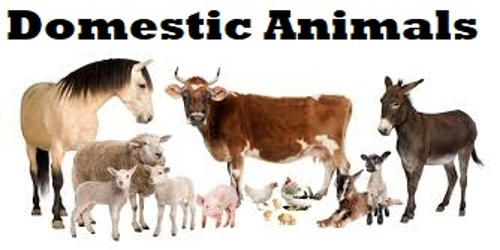Introduction: ‘Happiness’ means the peace that lies in mental contentment. It is used in the context of mental or emotional states, including positive or pleasant emotions ranging from contentment to intense joy. It is also used in the context of life satisfaction, subjective well-being, eudemonia, flourishing, and well-being. Researchers find that achieving happiness typically involves times of considerable discomfort. Genetic makeup, life circumstances, achievements, marital status, social relationships, even your neighbors all influence how happy you are or can be.
So do individual ways of thinking and expressing feelings. Research shows that much of happiness is under personal control. Everyone under the sun seeks happiness. It lies one’s remaining satisfied with what one has. Man’s happiness has been here since time immemorial. Even a mad finds happiness, let alone others.
Elements of Happiness: ‘Happiness’ in its broad sense is the label for a family of pleasant emotional states, such as joy, amusement, satisfaction, gratification, euphoria, and triumph. Wealth, good health, men and money, contentment, peace, comfort, tensionless, etc. are the elements of happiness. These can be combined to bring happiness. Good health is essential for happiness. If the body of a man is not healthy and sound, he cannot find peace to work. One should discharge one’s social family and personal obligations out of enthusiasm. Happiness always increases by sharing it with others.
We cannot be happy unless we share it with others. We should be industrious and active to be happy. We should remember that the whole world is a family and we all are brethren. The holy scriptures guide us to real happiness, peace, and contentment. And work is a great boon and blessing and must willingly be done in the best possible way. Lack or absence of any one of the elements cannot bring happiness.
Feeling joyful has its health perks, as well. A growing body of research also suggests that happiness can improve our physical health; feelings of positivity and fulfillment seem to benefit cardiovascular health, the immune system, inflammation levels, and blood pressure, among other things. Happiness has even been linked to a longer lifespan as well as a higher quality of life and well-being.
Functions of Happiness: Although people tend to think about happiness as an outcome that they desire rather than as a tool that can be used to achieve additional goals, psychologists have begun to ask what function happiness serves. One of the best-known theories, developed by American psychologist Barbara Fredrickson in 1998, posits that the function of happiness is to broaden one’s thinking and to build one’s resources. According to this theory, positive emotions lead people to think creatively and to try new things. As a result, happy people can develop new ways to approach the world, new interests, new social relationships, and even new physical skills. All of these effects lead to positive outcomes in people’s lives.
Psychologists have begun using experimental and longitudinal studies to determine whether positive effect plays a role in future positive outcomes. These studies provide evidence that happy people are more sociable and cooperative than unhappy people are healthier than unhappy people and earn more money than unhappy people. A number of studies have even shown that happy people live longer than unhappy people and this is not just due to the fact that happy people tend to be healthy. Thus, although most people want to be happy because it feels good, this desired goal may lead to other positive outcomes in their lives.
Different Views of Happiness: Different people consider happiness from different paradoxical points of view. They have different ideas and conceptions about it. Most people are very ignorant of the nature of happiness and ways by which it can be obtained. Many people mistake pleasures for real happiness and hanker after it all through their life. They run after it and are prepared to do anything either in the absence or in presence of anything or being. Means of pleasure, convenience, luxury, comfort, etc. cannot make a man really happy. In that case, the kings, the princes, business tycoons, the rich and the wealthy people of the world would have been the happiest persons.
People can be rich overnight by means of dishonest way. To be rich overnight needs deceiving others, adopting unfair means, setting up underground means of a great avenue and resort to such other immoral means. Hence goes a saying,
“Unhappiness lies on the head that wears a crown.”
A moneyed man cannot be happy while a street beggar can be. Lord Baden Powel said,
“Happiness does not come from being rich, nor merely being successful in your career nor by self-indulgence. But the real way to find happiness is by giving happiness to others. Try to live in this world a little better than you found it and when your turn comes to die, you can die happily feeling that you have done your best.”
Duration of Happiness: ‘Happiness’ is transitory and short existed. It is like bubbles of water. It rises out of satisfaction, gratification, and contentment of senses. It has no permanency in man’s life. Even a happy man cannot definitely tell how long his happiness will last. Happiness has a relationship with money. It is difficult to earn money as it is like a muck taint for everybody. Money is a good servant but many a time it comes as a naughty one.
A happy man is always truthful, honest, active and moderate in everything. He is really a good man for goodness is another name, mark, and sign of happiness.
Conclusion: Attaining happiness is a global pursuit. ‘Happiness’ is an abstract thing that can be found in contentment. Sharing, proper working, and fine sentiment. Researchers find that people from every corner of the world rate happiness more important than other desirable personal outcomes, such as obtaining wealth, acquiring material goods, and getting into heaven.
















